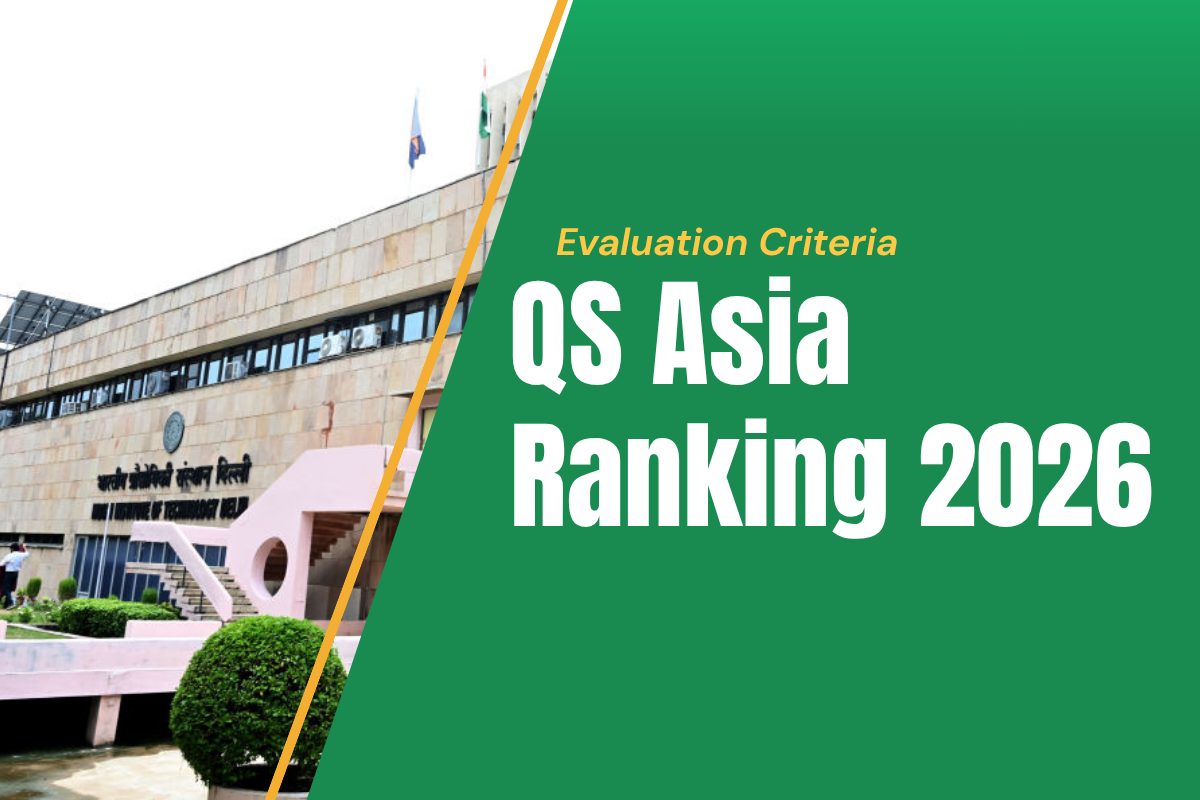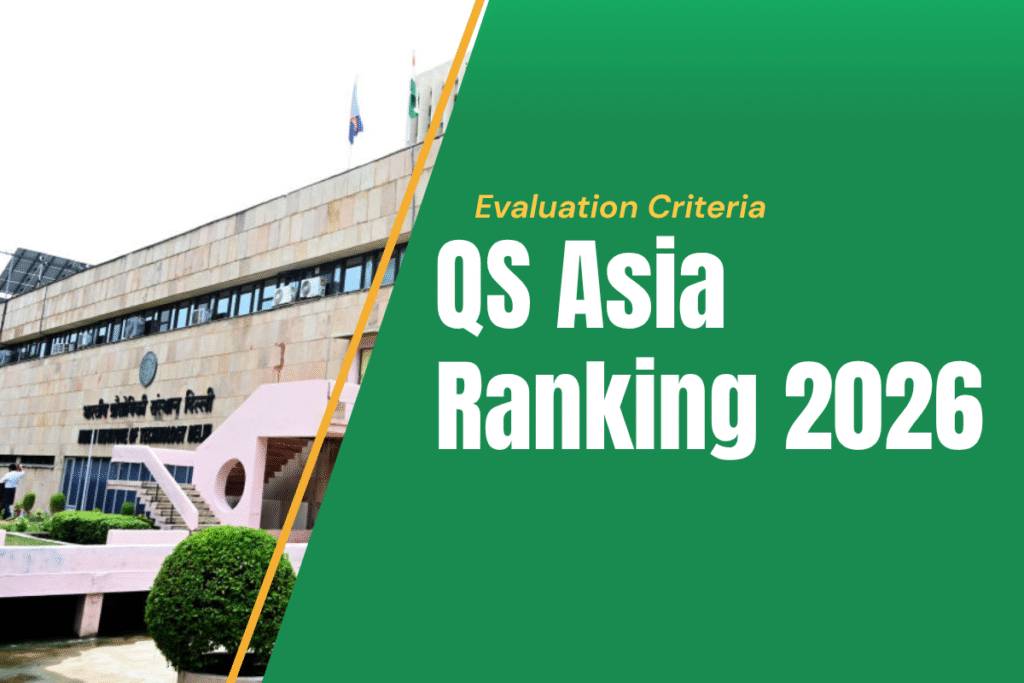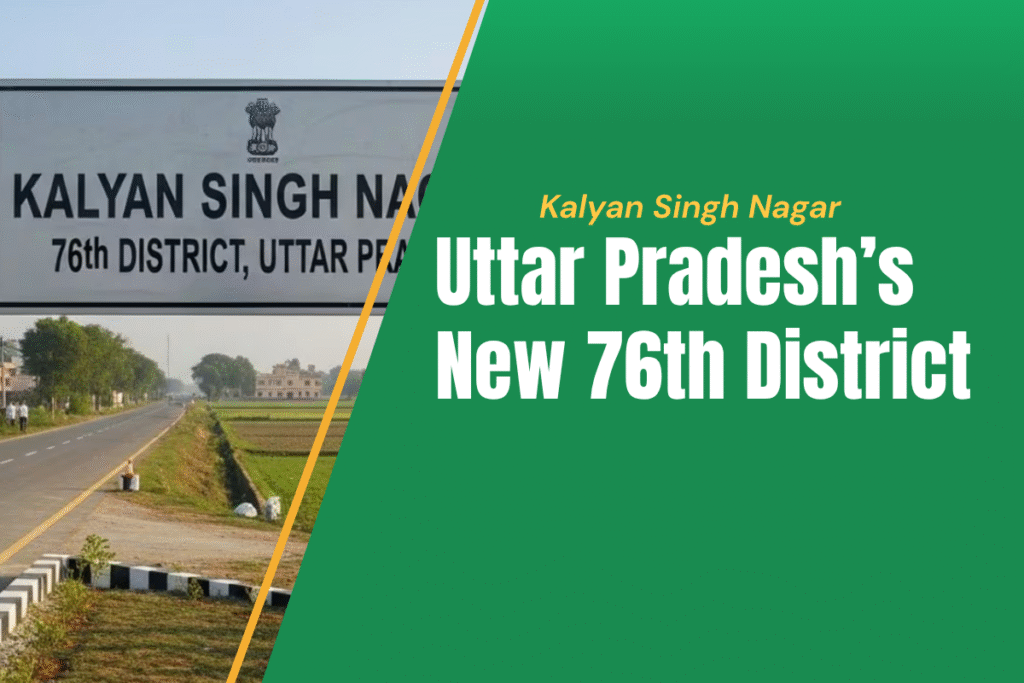
Why QS Asia Rankings 2026 Are Important for Universities
The QS Asia Rankings 2026 are one of the most influential ranking frameworks shaping the future of higher education across Asia. For universities, these rankings serve as a benchmark of academic excellence, global competitiveness, and research impact. For students—especially civil services aspirants—understanding these rankings offers valuable insight into education policies, global standards, and national performance.
Importance of QS Asia Rankings 2026 for Universities
1. Strengthens Global Reputation
QS Rankings are considered a gold standard globally. A higher rank enhances a university’s international reputation, leading to:
-
Better visibility
-
More collaborations
-
Greater student trust
2. Helps Students Make Smarter Decisions
Students rely on ranking parameters like academic quality, faculty strength, research output, and international exposure to choose the best universities across Asia.
CivilsTap aspirants can relate these trends with educational reforms discussed in:
Current Affairs: https://civilstap.com/new-current-affairs/
3. Drives Research Funding & Innovation
A strong QS ranking attracts:
-
Government grants
-
Industry funding
-
Global research partnerships
This helps universities upgrade labs, technology, and overall infrastructure.
4. Boosts Employability and Industry Connect
Employers often prefer graduates from highly-ranked universities. Better QS scores lead to:
-
Higher placement rates
-
Stronger industry partnerships
-
Improved internship opportunities
5. Enhances Internationalization
Higher-ranked institutions attract more:
-
International faculty
-
Foreign students
-
Exchange programs
This fosters cross-cultural learning and global exposure.
QS Asia Rankings 2026 – Evaluation Criteria
Below is the simplified breakdown of how QS ranks universities in Asia:
| QS Criteria | Weightage (%) | Impact on Universities |
|---|---|---|
| Academic Reputation | 30% | Shows teaching, research excellence |
| Employer Reputation | 20% | Indicates industry acceptance of graduates |
| Faculty/Student Ratio | 10% | Ensures quality teaching experience |
| International Faculty | 5% | Higher global exposure |
| International Students | 5% | More cultural diversity |
| Citations per Paper | 10% | Reflects research impact |
| Papers per Faculty | 5% | Shows research productivity |
| Outbound Exchange Students | 2.5% | Overseas learning opportunities |
| Inbound Exchange Students | 2.5% | Foreign student inflow |
| Staff with PhD | 5% | Highly qualified academic staff |
How Universities Can Improve Their QS Asia Ranking
1. Improve Research Output
Encourage publication in global journals to increase citations.
2. Strengthen Student-Faculty Ratio
Recruit more qualified faculty, especially PhD holders.
3. Enhance Global Partnerships
More MoUs, dual-degree programs, and exchange opportunities.
4. Improve Employer Outreach
Career fairs, internships, and industry collaborations boost employability scores.
5. Promote Academic Branding
Strong digital presence boosts academic reputation in global surveys.
Importance of QS Rankings for CivilsTap Aspirants
For UPSC and state civil services aspirants following CivilsTap’s Courses (https://civilstap.com/courses/), QS rankings are useful while studying:
-
Education Policy
-
NEP 2020
-
Globalization of Indian Education
-
Research & Innovation Ecosystem
Stay updated and evaluate yourself daily:
Daily Quiz → https://civilstap.com/daily-quiz/
Study Material → https://civilstap.com/study-material/
Free Downloads → https://civilstap.com/download/
Conclusion
The QS Asia Rankings 2026 play a crucial role in shaping university performance, student choices, global collaborations, and research advancements. For universities, it is not just a ranking—it’s a roadmap for quality improvement. For students and civil services aspirants, it helps understand how educational standards evolve globally.
With CivilsTap’s comprehensive resources, stay informed and stay ahead.
Latest Blogs
Ask your Query
Recent Posts
- Strategic Reasons For India To Become Global Solar Innovation
- A Quick Guide on PRIP Scheme Boosts Pharma R&D
- Why QS Asia Rankings 2026 Are Important for Universities
- Kalyan Singh Nagar Becomes Uttar Pradesh’s 76th District – All You Need to Know
- Horticulture in Himachal Pradesh: Opportunities and Challenges
Browse By Category
- Daily Current Affairs (4)
- EPFO (4)
- HP Allied (7)
- HPAS/HAS (18)
- IAS (20)
- Monthly Current Affairs (1)
- PCS (20)
- Uncategorized (1)
- UPSC (19)
- Weekly Current Affairs (2)
- Yearly Current Affairs (5)

Archives
- November 2025 (3)
- October 2025 (8)
- September 2025 (10)
- August 2025 (10)
- July 2025 (6)

 November 13, 2025
November 13, 2025






Leave Comment